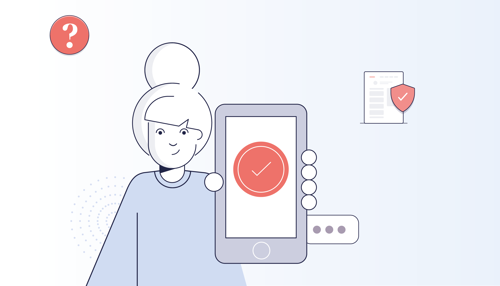How To Prepare For Natural Disasters And Emergencies With Personal Insurance

How To Prepare For Natural Disasters And Emergencies With Personal Insurance
Natural disasters and emergencies can strike unexpectedly, leaving individuals and families in a state of chaos and vulnerability. However, by being prepared and having the right personal insurance coverage in place, you can mitigate the financial impact and protect yourself in times of crisis. In this blog post, we will explore how to prepare for natural disasters and emergencies with personal insurance.
1. Evaluate Your Risks: Assess the potential natural disasters and emergencies that are prevalent in your area. This could include hurricanes, floods, earthquakes, wildfires, or severe weather events. Understanding the risks specific to your location will help you choose appropriate insurance coverage.
2. Review Your Homeowners Insurance: Ensure that your homeowners insurance policy adequately covers damages caused by natural disasters. Review the coverage limits and consider adding additional endorsements or riders if necessary.
3. Protect Your Vehicles: Verify that your car insurance policy includes comprehensive coverage, which covers damages caused by natural disasters such as hail, fallen trees, or flooding.
4. Home Contents Insurance: If you own or are renting a home or apartment, don't overlook the importance of home contents insurance. It can cover your personal belongings and provide liability protection in case of damage caused by natural disasters or emergencies.
5. Document Your Belongings: Keep an updated inventory of your possessions, including photographs, receipts, and appraisals. This will help streamline the claims process in the event of a loss.
6. Review Policy Exclusions: Understand the exclusions in your insurance policies. Some natural disasters, such as earthquakes or hurricanes, may have separate deductibles or specific coverage limitations. Be aware of these exclusions to set realistic expectations.
7. Create an Emergency Fund: In addition to insurance coverage, establish an emergency fund to cover unexpected expenses that may arise during natural disasters or emergencies.
Remember, personal insurance is a crucial component of your disaster preparedness plan. Regularly review and update your coverage, stay informed about the risks in your area, and take proactive steps to protect yourself and your belongings. By being prepared, you can have peace of mind knowing that you are financially safeguarded in the face of unforeseen events.

Get a Personal.Insure quote in minutes! Compare top insurers like Hollard, Santam, Bryte and Old Mutual Insure and choose the perfect fit.
Get a Quote Now
Vis Govender
CEO of the firstEquity Group and Co-Founder of Everything.Insure







